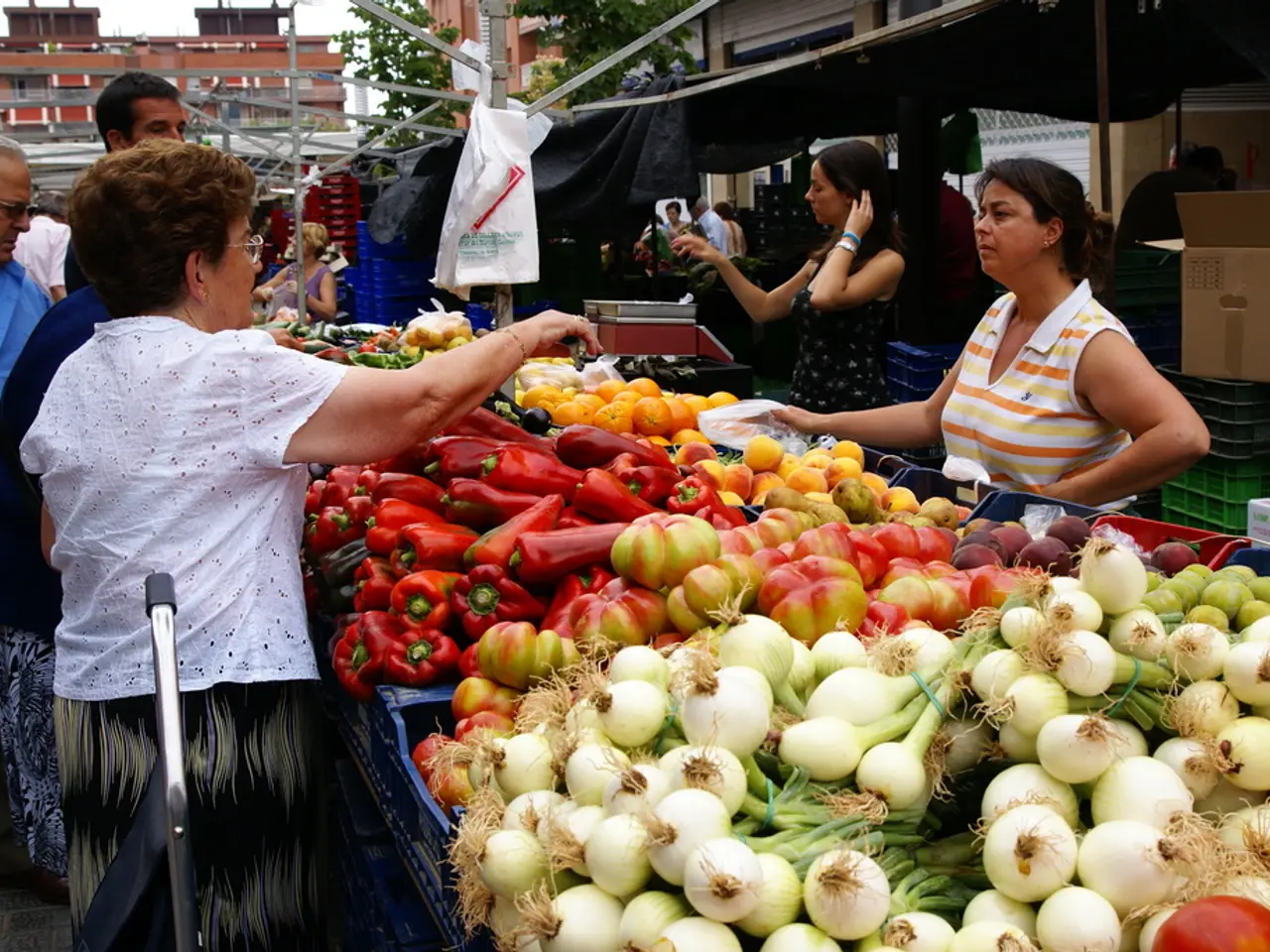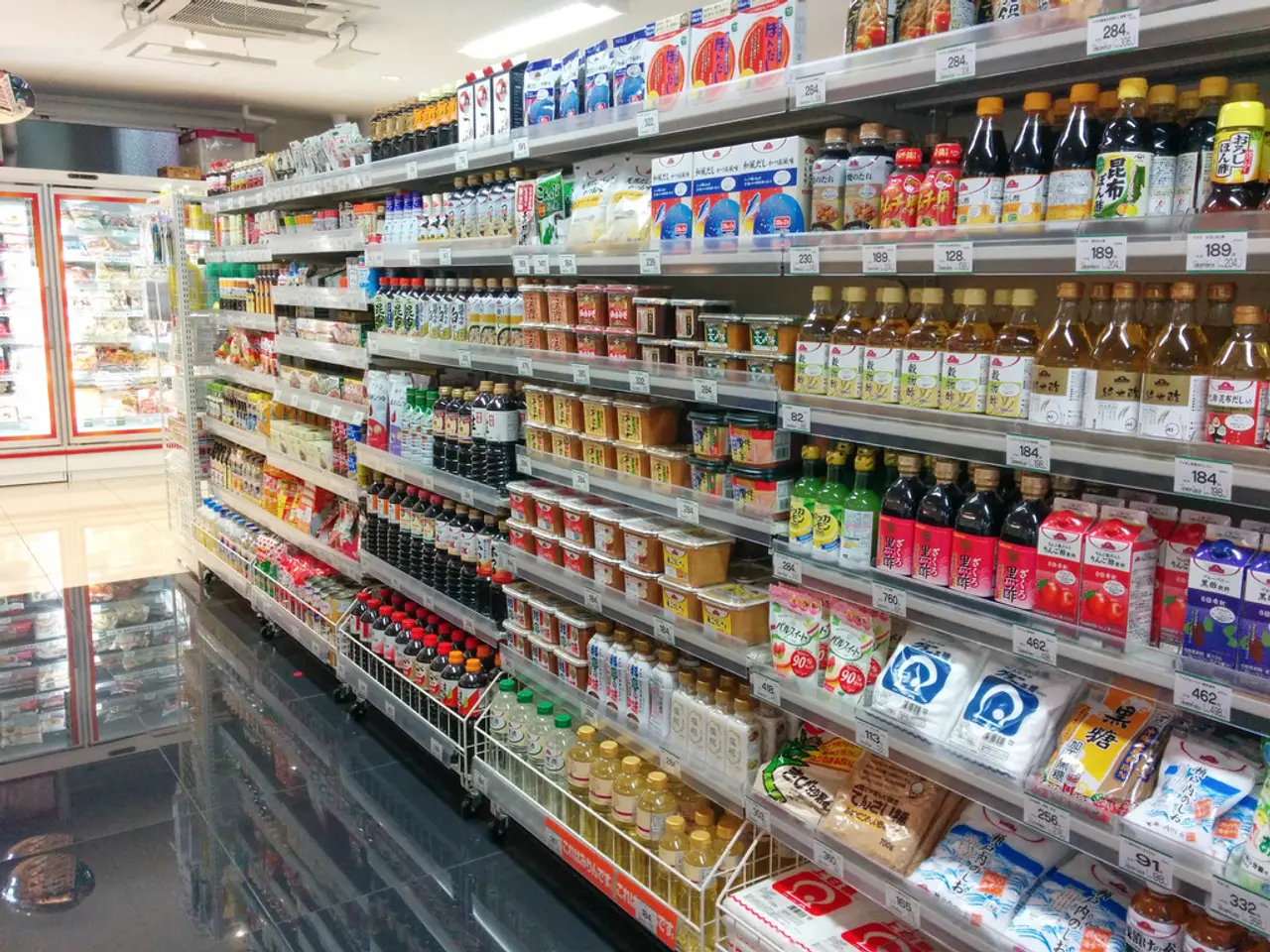Negotiations on the Thailand-EU Free Trade Agreement advance, focusing on environmental sustainability, small and medium-sized enterprises, and trade barriers.
The Thailand-European Union (EU) Free Trade Agreement (FTA) negotiations have made significant strides since their relaunch in March 2023, with the sixth round of discussions taking place in Bangkok from June 23-27. The Partnership and Cooperation Agreement (PCA) between the EU and Thailand, signed in December 2022, provides a broader framework supporting these FTA talks.
As of mid-2025, Thailand is actively engaged in these negotiations, aiming for finalization of the FTA by the end of the year. The sixth round of negotiations focused on advancing chapters related to trade in goods, services, investment, and regulatory cooperation, among others.
One of the key focuses of these negotiations is the reduction of tariffs, notably on emerging sectors like electric vehicle components, reflecting Thailand’s strategic trade reforms. Another important area of discussion is the facilitation of trade by reducing unnecessary regulatory obstacles, as outlined in the Technical Barriers to Trade (TBT) chapter.
The TSD chapter involves enhancing standards relating to the environment, labour, and social issues in connection with trade. The SMEs section focuses on ensuring SMEs can access comprehensive information on trade regulations and measures.
Consensus was reached on three additional chapters: Trade and Sustainable Development (TSD), Small and Medium-Sized Enterprises (SMEs), and Technical Barriers to Trade (TBT). The next round of negotiations will involve mapping out tasks to be completed before the next round.
Other negotiation groups also reported significant progress in the discussions. The Thailand-EU FTA aligns with both the EU’s European Green Deal and Thailand’s own policies focused on environmental, labour, and social improvements.
Thai exports to the EU increased by 8.86% to US$10.69 billion, while imports fell by 9.40% to US$7.39 billion, resulting in a trade surplus of US$3.30 billion for Thailand. From January to May 2025, the EU was Thailand's fourth-largest trading partner, with total trade between the two standing at US$18.09 billion, a 0.57% increase from the same period in 2024.
Thailand and the EU have reaffirmed their commitment to being reliable and predictable trade partners in the face of global geopolitical and economic uncertainties. Pichai Naripthaphan, Commerce Minister of Thailand, expressed Thailand’s readiness to accelerate FTA negotiations with the aim of concluding it as soon as possible.
In recent updates, trade bodies like the Thai European Business Association (TEBA) have reported ongoing advocacy and collaborative efforts to address customs, logistics challenges, and harmonize standards to boost competitiveness ahead of the FTA’s completion. The expected timeline targets the culmination of negotiations and signing within 2025, supported by parallel trade sustainability impact assessments conducted by the European Commission.
In summary, the Thailand-EU FTA negotiations are progressing well, with a focus on tariff reductions, customs simplification, trade in goods and services, investment, and regulatory alignment. The expected timeline targets the culmination of negotiations and signing within 2025, supported by parallel trade sustainability impact assessments and ongoing collaborative efforts from trade bodies.
- The business sector in Thailand is eagerly anticipating the conclusion of the Thailand-EU Free Trade Agreement (FTA), as it could potentially enhance investment opportunities by reducing trade barriers and fostering a more competitive economic environment.
- Recognizing the importance of environmental concerns in today's business world, the Trade and Sustainable Development (TSD) chapter of the FTA aims to promote sustainable practices, ensuring both parties adhere to environmental standards in their trading activities.
- To further support small and medium-sized enterprises (SMEs) in both regions, the SMEs section of the FTA focuses on providing comprehensive education on trade regulations and measures, helping them navigate the complexities of international finance and commerce.




